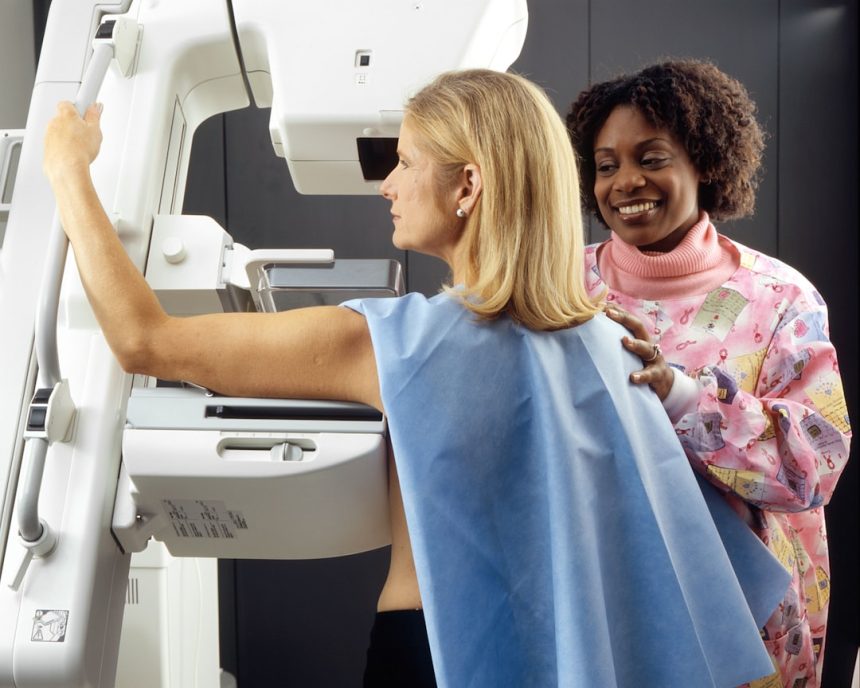In the ever-evolving field of healthcare, Patient Care Technicians (PCTs) play a critical role in providing frontline support to patients. They assist doctors, nurses, and other medical professionals by offering hands-on care to individuals in hospitals, nursing homes, and other healthcare facilities. If you have a calling for helping others and a desire to work in the medical field, becoming a PCT might be a perfect career choice.
What Does a Patient Care Technician Do?
A Patient Care Technician is responsible for a variety of tasks that directly impact patient well-being. Their duties may vary depending on the facility they work in, but commonly include:
- Assisting with daily living activities: Helping patients with bathing, dressing, and eating.
- Taking vital signs: Monitoring temperature, blood pressure, pulse, and respiratory rate.
- Drawing blood: Performing phlebotomy procedures for lab tests.
- Electrocardiogram (EKG) testing: Administering basic heart monitoring tests.
- Helping with mobility: Assisting patients in moving around, transferring from beds to wheelchairs, or walking after surgery.
- Emotional support: Providing comfort and companionship to patients in need.
PCTs ensure the well-being of patients and help maintain smooth daily operations in medical settings. Their role requires compassion, patience, and excellent communication skills.
[ai-img]patient care, hospital, healthcare worker[/ai-img]
How to Become a Patient Care Technician
If you are interested in becoming a Patient Care Technician, here are the key steps to start your career:
1. Complete Your Education
Most PCT programs require a high school diploma or a GED certificate. If you are still in high school, consider taking classes in biology, anatomy, and chemistry to get a solid foundation in medical sciences.
2. Enroll in a PCT Training Program
To become a certified Patient Care Technician, you must complete a state-approved training program. These programs are offered by community colleges, vocational schools, and medical training institutions. Training typically includes classroom instruction as well as hands-on clinical experience.
Coursework in a PCT program may cover topics such as:
- Medical terminology
- Phlebotomy procedures
- EKG testing
- Infection control
- Patient safety and ethics
[ai-img]medical training, classroom, healthcare education[/ai-img]
3. Get Certified
Although certification is not always required, it greatly enhances job opportunities and credibility. Several organizations offer PCT certification, including the National Healthcareer Association (NHA) and the American Medical Certification Association (AMCA).
Common certifications include:
- Certified Patient Care Technician (CPCT): Offered by the NHA.
- Certified Nursing Assistant (CNA): Some PCTs choose to get a CNA certification as well.
- Phlebotomy Technician Certification (CPT): Beneficial for those planning to take on blood-drawing duties.
4. Gain Hands-On Experience
Most PCT training programs include a clinical experience component, which allows you to apply your skills in a real healthcare setting. This experience is essential in preparing you for your future role as a PCT.
After certification, consider working in hospitals, nursing homes, rehabilitation centers, or outpatient clinics to gain valuable, on-the-job experience.
5. Advance Your Career
Once you gain experience as a PCT, you may choose to advance your career in healthcare. Some Patient Care Technicians go on to pursue careers as registered nurses (RNs) or medical assistants.
Skills and Qualities of a Successful Patient Care Technician
Working as a Patient Care Technician requires more than just technical skills. To thrive in this field, you should possess the following qualities:
- Compassion: Caring for patients in need requires patience and empathy.
- Strong communication skills: PCTs must effectively communicate with patients and medical staff.
- Attention to detail: Monitoring vital signs and assisting with medical procedures requires precision.
- Physical stamina: PCTs are often on their feet and may need to lift patients.
- Ability to work in a team: PCTs collaborate with nurses, doctors, and other healthcare workers.
[ai-img]nurse patient, hospital teamwork, healthcare professionals[/ai-img]
Job Outlook and Salary for Patient Care Technicians
The demand for Patient Care Technicians is growing as the healthcare industry expands. According to the Bureau of Labor Statistics, employment in healthcare-related fields is expected to grow steadily in the coming years.
The salary of a PCT varies based on experience, location, and workplace setting. On average, Patient Care Technicians earn between $30,000 and $45,000 per year. Those with additional certifications and experience can earn higher wages.
Is a Career as a Patient Care Technician Right for You?
If you’re passionate about helping others and want to work in the healthcare field, becoming a Patient Care Technician could be a rewarding career choice. This career not only provides job stability but also offers opportunities for growth and advancement.
By obtaining the necessary education, completing certification, and gaining hands-on experience, you can start your journey as a PCT and make a meaningful impact in patients’ lives each day.









